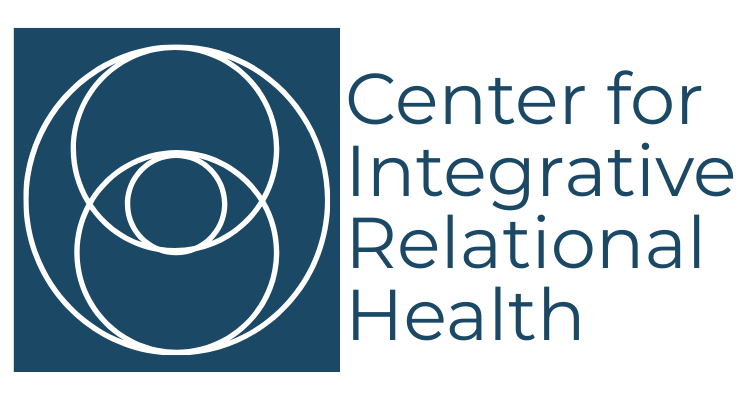A Vision for Etymologies of Care
We're responding to a cultural and global mental health crisis that extends far beyond individual suffering. The frameworks we may be using to understand human distress - the commonly accepted ideas, diagnostic categories, and individual pathologies that form our collective understanding of mental health - were developed within specific historical and cultural contexts that may no longer serve us. These frameworks shape not just how we think about problems, but how we experience care for ourselves and each other.
In this podcast we will…
Use etymology as a form of archaeological inquiry, excavating the hidden assumptions embedded in our everyday language about our wellbeing.
Connect our language to our thinking and practice of care.
Create space for reflection through pacing, silence, and invitation.
Engage in an authentic dialogue that demonstrates vulnerability, productive tension, and the willingness to have our perspectives transformed through our encounter.
Here’s how we try to do it…
A collective inquiry about how our culture and language create our experience
When someone says "I’m depressed" or "I’m anxious," “I have ADHD,” “I’ve been diagnosed with “Borderline Personality Disorder,” they're likely not just describing symptoms. They're using language that locates the problem within an isolated mind, separate from relationships, culture, and the conditions that give rise to experience. This language creates a particular reality - one where solutions involve fixing individual brains rather than transforming the relational conditions in which we live.
We’re not trying to convince anyone of anything. Rather, we're trying to use this podcast to create the conditions for a collective inquiry into how language shapes our experience, and how different ways of understanding our reality might serve us in our relationships and in our communities. We invite you to join us in what we call the shift from mental health to relational health - recognizing that healing emerges not within isolated minds but through the quality of our connections across all levels of experience.
As a partner in conversation with us, we make a collaborative inquiry into a pivotal moment in your life, exploring how healing emerges not from within your isolated mind, but through your many connections across all levels of your lived experience. This podcast does not replace therapy, medical care, or the support a guest or a listener may need for acute distress. In this podcast, we are not offering therapy. We’re not providing any techniques to eliminate symptoms or offering any quick fixes for complex problems. Rather, in each of our episodes, we're working through caring voices to build bridges of connection that help listeners to reflect on their own experiences with care.
Some of our listeners are clinicians and providers, so we seek to create meaningful moments for reflection on how we practice care. All of our listeners are human beings, so we seek to create opportunities to self-observe how we receive and engage in care within our relationships and in our communities.
Exploring pivotal moments that make us reflect on how we care
Relational Literacy
The capacity to recognize how your reality has been shaped by your language, your culture, and your lived experience; and the ability to understand, practice, and navigate ways of being with self and others.
We’re not trying to convince anyone of anything. We're trying to create the conditions for a collective inquiry into how language shapes our experience, and how different ways of organizing reality might serve us in our relationships and in our communities. We invite you to join us in what we call the shift from mental health to relational health - recognizing that healing emerges not within isolated minds but through the quality of our connections across all levels of experience.


